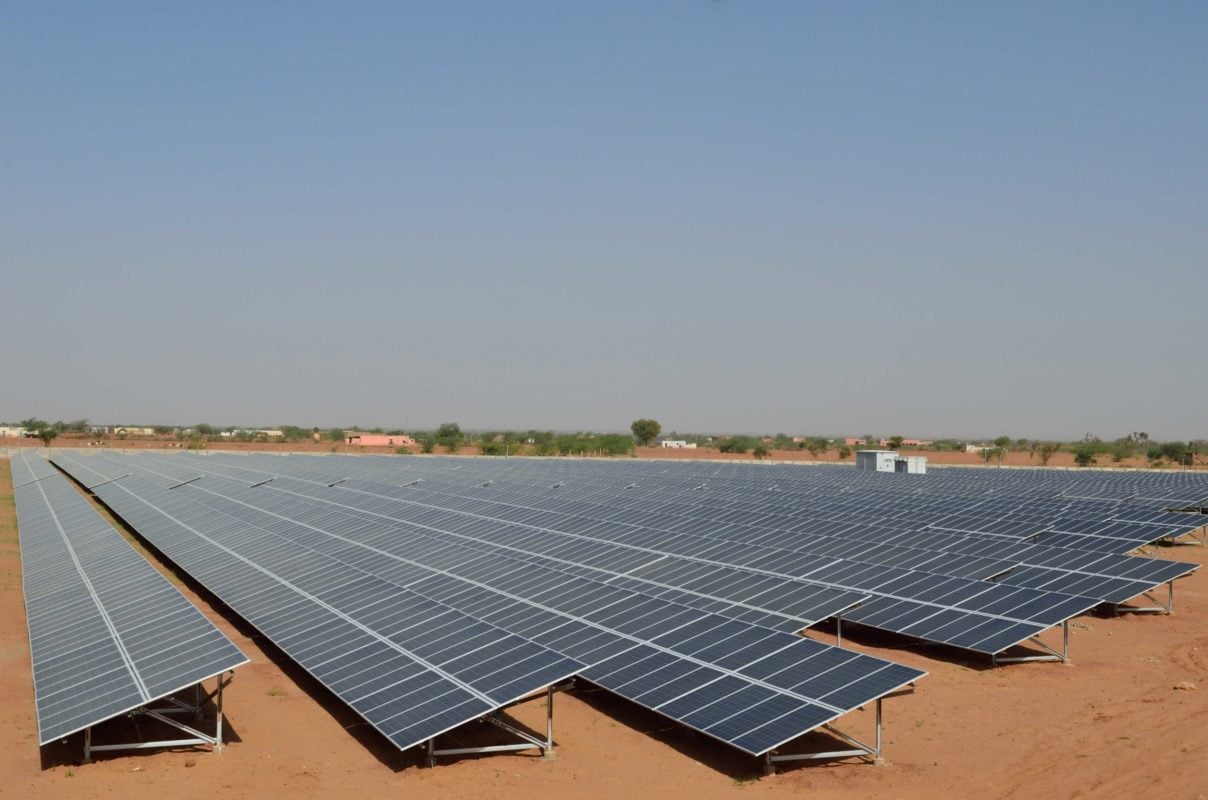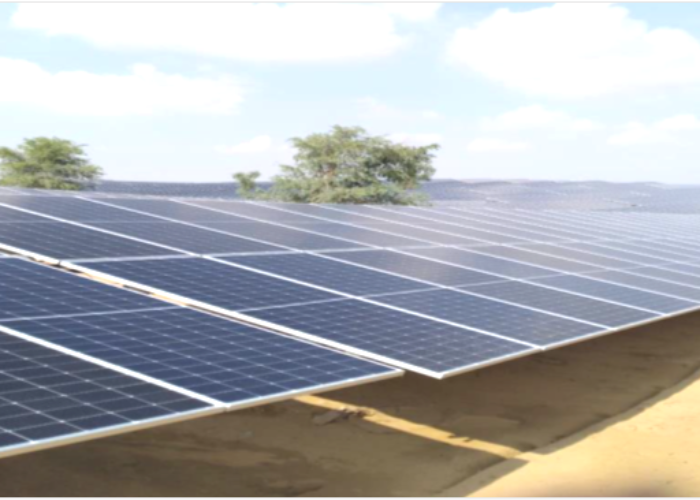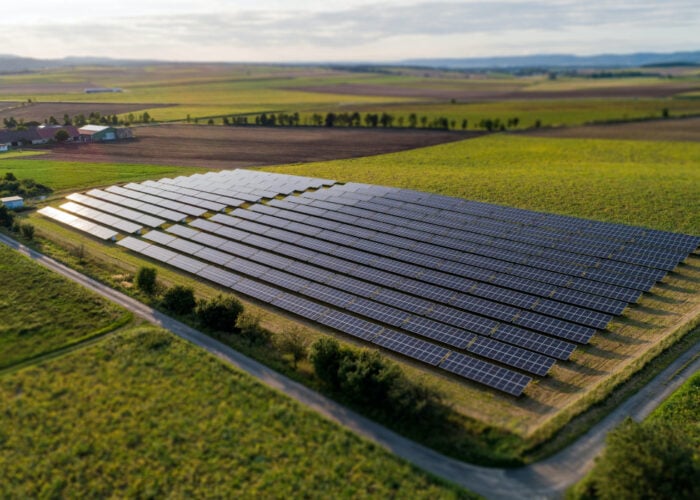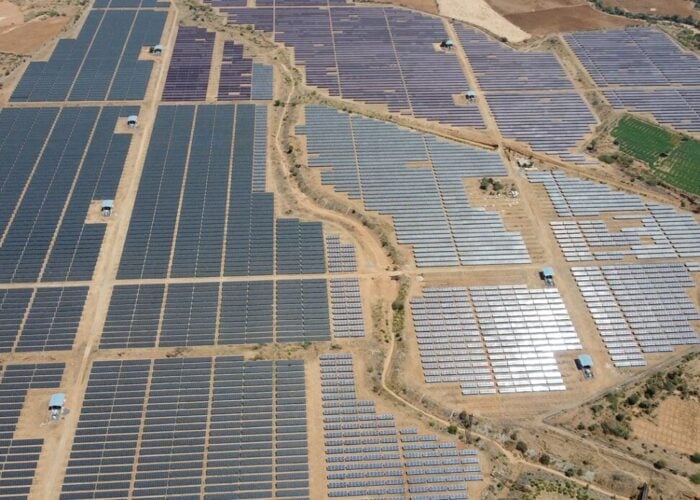
India’s Ministry of New and Renewable Energy (MNRE) has created a Renewable Purchase Obligation (RPO) compliance unit to improve enforcement of this key policy for clean energy deployment.
Former MNRE joint secretary Tarun Kapoor once said in 2015 that RPO was the “single most important” government policy driver for renewables in India, but then as now, enforcement of the RPO had been either weak or non-existent.
Unlock unlimited access for 12 whole months of distinctive global analysis
Photovoltaics International is now included.
- Regular insight and analysis of the industry’s biggest developments
- In-depth interviews with the industry’s leading figures
- Unlimited digital access to the PV Tech Power journal catalogue
- Unlimited digital access to the Photovoltaics International journal catalogue
- Access to more than 1,000 technical papers
- Discounts on Solar Media’s portfolio of events, in-person and virtual
Or continue reading this article for free
The RPO Compliance Cell will coordinate with states, Central Electricity Regulatory Commission (CERC) and SERCs on all things related to the RPO. It will oversee monthly reports on RPO compliance, coordinate periodic reporting, and act on non-compliance with the appropriate authorities.
Tarun Singh, a scientist at MNRE, has been designated as the nodal officer of the new unit.
An overwhelming majority of chief executives active in India’s solar market believe India will fall well short of its 100GW of solar by 2022 target, according to a recent CEO survey by Bridge to India. If the RPO compliance has a positive effect then hopes for reaching the target will grow, but historically, most enforcement efforts have been inconsequential.
Last October, power minister R.K. Singh said MNRE was planning to make RPOs statutory.







